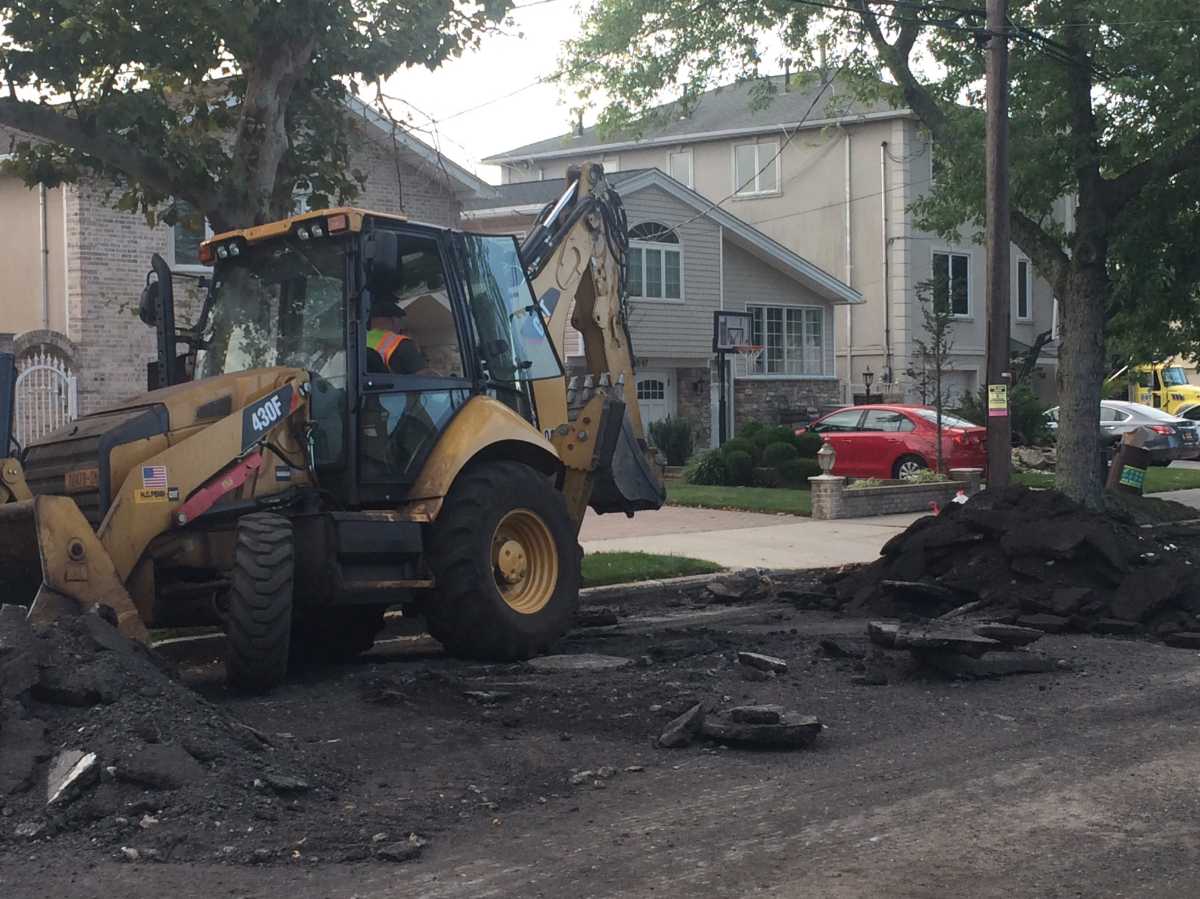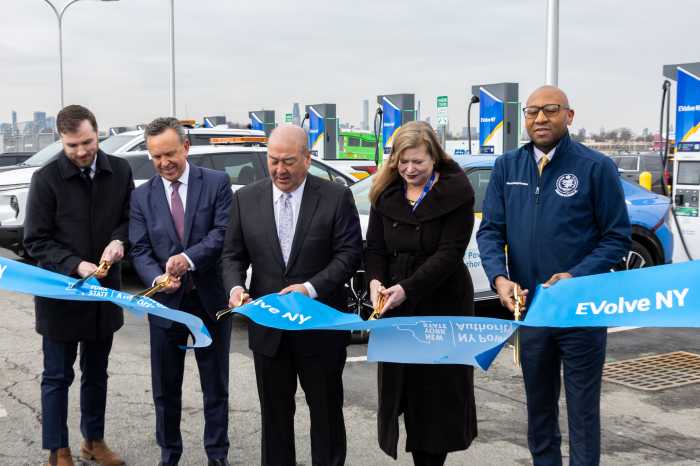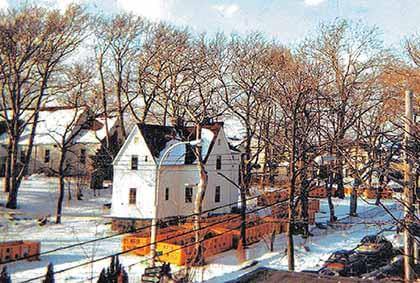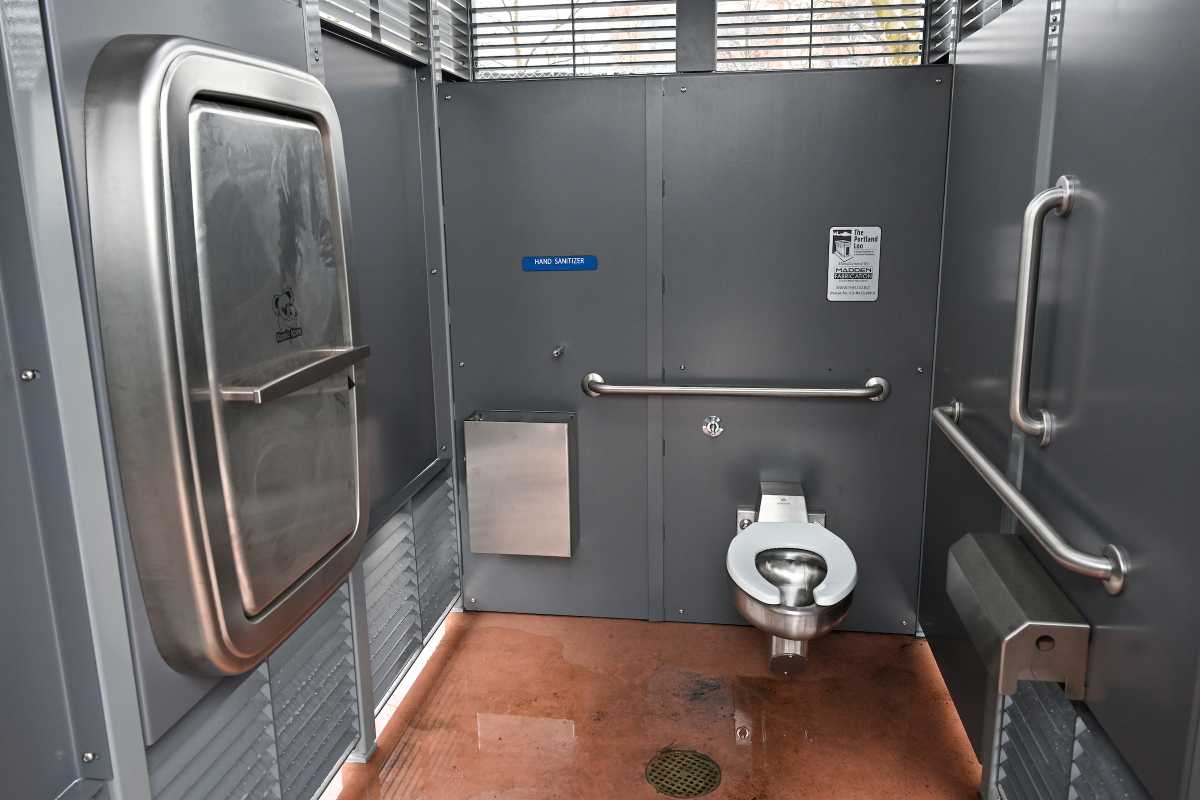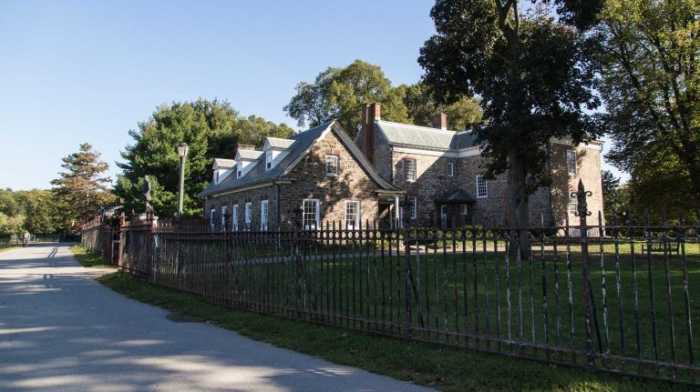National Grid President Rudolph Wynter recently sent a letter out to Councilman Robert Holden in which he addressed concerns about paving over grass strips. This comes in response to a letter Holden sent to National Grid in October in which he requested the company to ensure the grass strips get replaced rather than simply paved over.
Holden had expressed concern that not replacing grass strips that were torn up in order for National Grid to get underground has led to these areas becoming vulnerable to flooding. Examples he provided included work done on 77th, 78th and 79th streets between Eliot Avenue and Juniper Boulevard North.
In addition to National Grid paving over their work without replacing the grass strips, Holden expressed concern about overdevelopment in the area. He specifically cited that some property owners were paving over grass, which, in addition to adding to the flooding concerns, may also not be legal. The heavy rain experienced in the area around a month ago, as well as Hurricane Ida in 2021, have already resulted in the area experiencing heavy flooding.
“Paving over grass in Queens has been a problem for decades,” Holden said in his letter. “We are now feeling the effects of overdevelopment, under-resourced parks and property owners paving over their own grass in their front and back yards. Our city and state agencies need to understand that this problem will only get worse if no action is taken. City agencies and their contractors must be conscious of the need to maintain grass and soil that can absorb stormwater while doing construction on the city’s streets and sidewalks.”
According to Wynter, a walkthrough was conducted by National Grid in the area Holden mentioned. Additionally, National Grid and the Department of Environmental Protection held a meeting in which they addressed many of the issues raised. The Department of Environmental Protection and National Grid are currently working together to come up with effective solutions to address the effected area.
After a review and inspection of 77th, 78th and 79th streets, National Grid’s contractors, construction crews, pavers and environmental engineers have come up with a series of changes.
The first change is a refresher training to review the importance and expectations around the protection and care of green infrastructure. The second change is a pre-construction job site review to ensure all New York City Department of Environmental Protection infrastructure and required protection is documented and provided to the construction teams before work begins. This review would be performed by National Grid’s environmental protection contractor. Finally, a formal process flow was created for contractors to raise any green infrastructure concerns throughout the construction or restoration process to National Grid and formally communicate with New York City Department of Environmental Protection for guidance.
“It is of paramount importance that we be excellent partners in the community and maintain safe and reliable service for the 1.2 million customers we serve in New York City,” Wynter said. “We realize that our work at times can cause temporary disruption, but our goal is always to restore conditions to the satisfaction of our customers and your constituents.”
According to Holden’s office, he was pleased to see National Grid acknowledge his prior concerns and take steps towards changing their policy. His office already frequently works closely with utility companies, including National Grid, to flag potential issues and improve communication.
“With heavy rain storms and weather events increasing, the potential for flooding has created major problems in my district,” Holden said. “Maintaining green infrastructure while upgrading our sewer systems is integral in preventing the flooding my district has seen over the past few years. I thank National Grid for quickly enhancing their communication and job site reviews to prevent grass strips and other greenspaces from being paved.”

